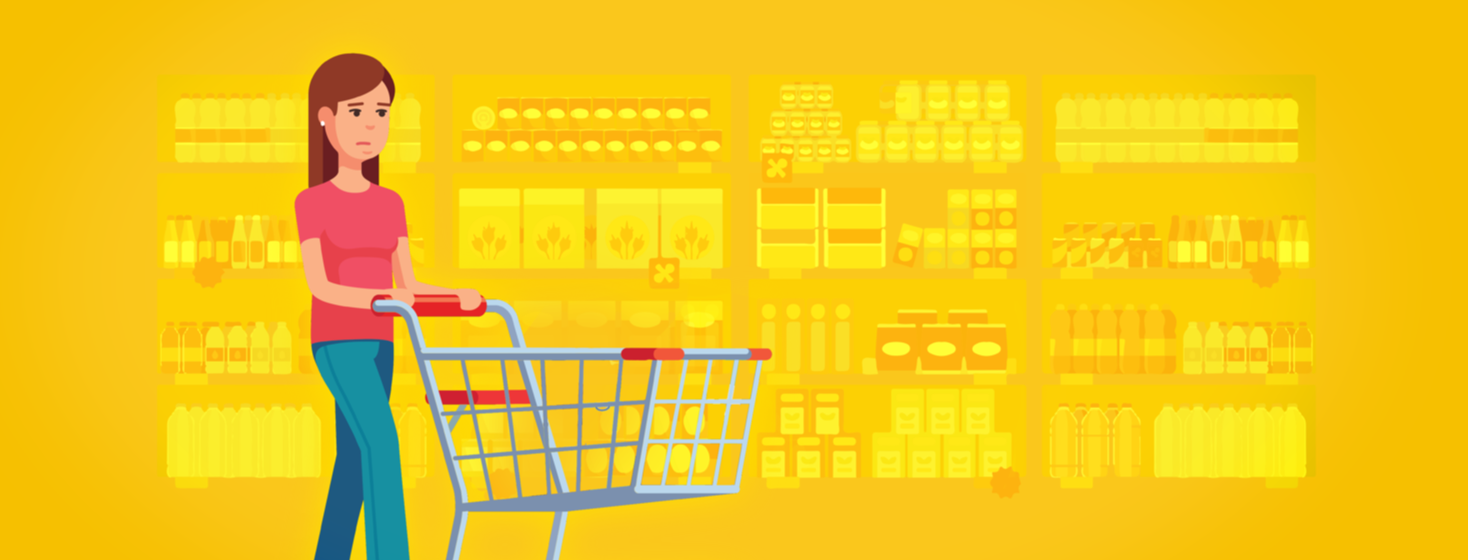Are You What You Eat?
Many people suffering from psoriasis think what they eat doesn’t matter. There is still so much scientific debate between the correlations of food in relation to psoriasis flare-ups. I do know that for me, certain foods make me itch like crazy and I have more pains in my body when I eat them. No one specifically has yet to stake their reputation on proving this theory, but many psoriasis sufferers have come forward with personal evidence, that certain foods can cause serious inflammation. There have also been many doctors who also support the theory about foods causing flares.
We should listen to our own bodies, we know ourselves best. Everyone is different, but a common thread that we share is the painful inflammation and outbreaks. While there may not be concrete evidence a specific or particular diet is beneficial for psoriasis, there are many testimonials from people with psoriasis and doctors to suggest eliminating certain foods may help manage flares and reduce inflammation.
Keeping a food journal
So, let’s take a closer look at some foods. I have tried keeping a food journal to track what I eat and any reaction that I might have to that food. This takes a lot of discipline. Most people keep a food journal for weight loss, but can you keep one to track your body’s reaction to what you eat? I tried cutting out wheat and gluten, dairy, refined sugars and nightshade vegetables, which are all red flags when it comes to autoimmune diseases. Of course, fried foods are always on the “don’ts” for anyone’s diet, due to the fact they cause inflammation in general. (Although, I loved fried foods.)
To be or not to be gluten-free
The link between psoriasis and gluten-intolerance is not completely understood. There is some research that suggests that people who have celiac disease, which is marked by a sensitivity to gluten may be at an increased risk for psoriasis. Celiac disease is another disease related to the immune system. For these people, a gluten-free diet could lead to improvement in psoriasis symptoms. However, little scientific research supports a gluten-free diet for psoriasis is mandatory. Many people with psoriasis prefer a plant-based diet, high in fruits and vegetables.
Finding what works for you
So many foods can cause inflammation. Since psoriasis is a disease of inflammation, I thought I would reduce the amount of foods known to cause or contribute to inflammation. It doesn’t hurt to explore and experiment with various foods you like if you’re unsure how you’ll react to them. This is why I was keeping a food journal. It can help you record what you ate and your body’s reaction to it. As you well know, food is not going to cure your psoriasis or psoriatic arthritis. It can make you healthier, help manage inflammation and flare-ups and contribute to an overall healthier lifestyle. All of the benefits from a healthier diet can help you get through the tough times of psoriasis.
Managing your psoriasis is key to having a better quality of life and I believe that what you eat is important and does contribute to how your body responds. Don’t feel powerless under the grip of psoriasis. Take control of your diet and you can regain control of your life. I have been doing this faithfully for 14 weeks and I'm down 26 pounds. I feel great, my knees don’t hurt as much, and I'm feeling less pain within my body. I just love the abundance of energy that I have right now, I feel good and I look good!

Join the conversation